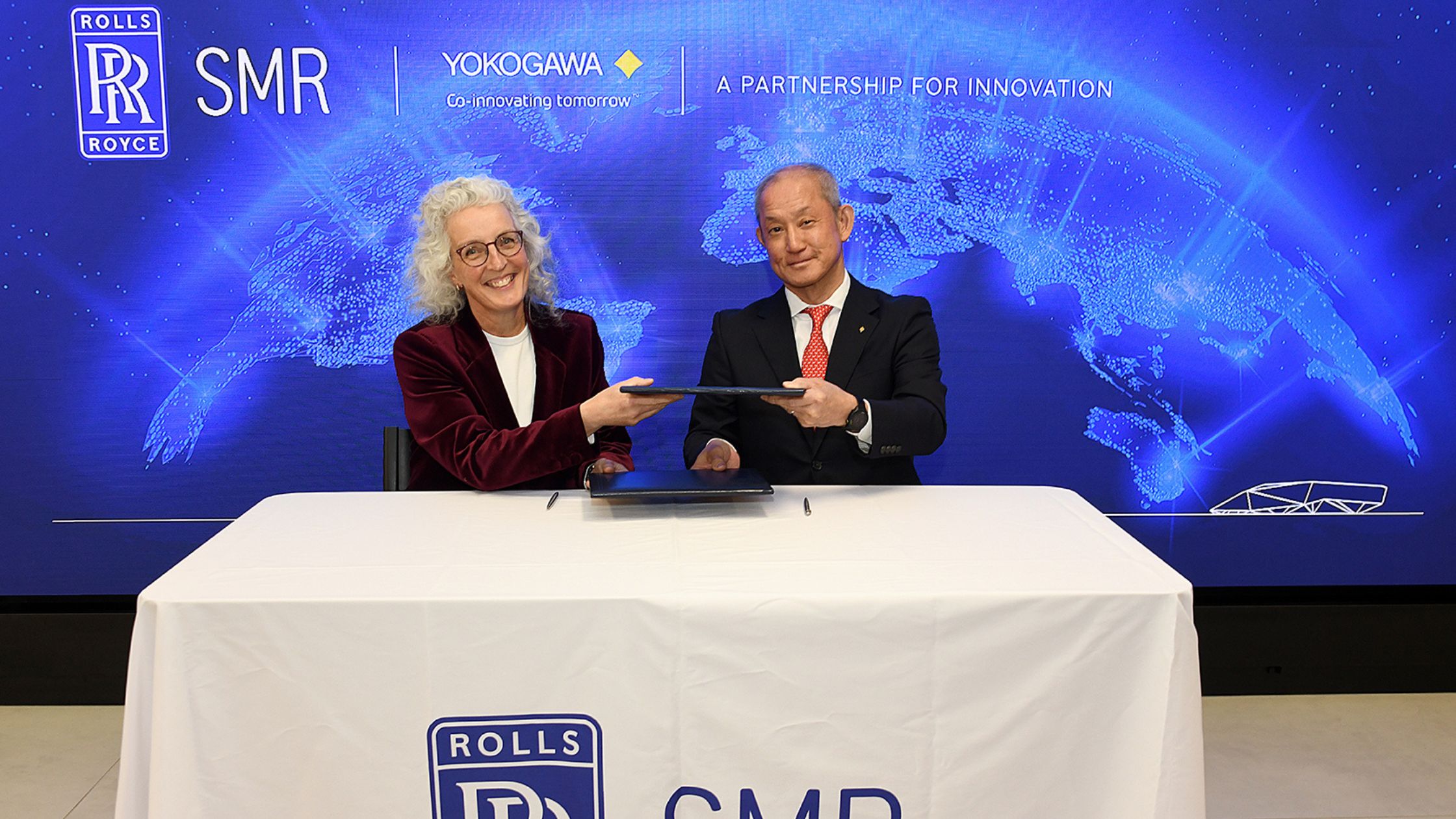
Japan and Vietnam have strengthened their collaboration under the Joint Crediting Mechanism (JCM), issuing carbon credits for nine new projects by the end of October. This move highlights both nations’ commitment to advancing decarbonization initiatives.
The nine approved projects, registered between 2013 and 2020, include installing solar systems in Ho Chi Minh City’s commercial hubs, utilizing high-efficiency amorphous metal transformers in the southern electricity distribution network, and deploying energy-saving equipment in lens manufacturing factories.
Since the JCM agreement was signed in 2013, Japan and Vietnam have developed 15 carbon credit methodologies. Eight out of 14 registered projects have been approved, generating a total of 4,115 carbon credits to date. These projects align with Article 6 of the Paris Agreement, enabling Japan to support emission reductions in partner nations while offsetting its own emissions as part of its Nationally Determined Contributions (NDC).
To date, Japan has partnered with 29 countries under the JCM, recognizing 101 carbon credit methodologies, including renewable energy, energy efficiency, and deforestation reduction. Across these partnerships, 83 projects have been registered, with 41 approved, resulting in the issuance of 739,411 carbon credits.
Vietnam Gears Up for Carbon Emissions Trading System (ETS)Meanwhile, Vietnam is preparing to launch a pilot greenhouse gas Emissions Trading System (ETS) in June 2024, as outlined in the country’s Law on Environmental Protection and Greenhouse Gas Emission Mitigation and Ozone Layer Protection Law. The trial phase aims to establish carbon caps across industries, targeting 150 major emitters in sectors such as steel, cement, and coal-fired power.
The ETS is part of Vietnam’s broader roadmap for carbon market development, with full implementation expected by 2028. Officials from the Ministry of Natural Resources and Environment (MoNRE) noted that the next steps include assessing the economic impacts of the system and its implications for businesses.
Globally, over 70 countries have introduced carbon pricing mechanisms, such as taxes and market systems, covering approximately 11 billion tons of emissions—around 20% of global carbon output













